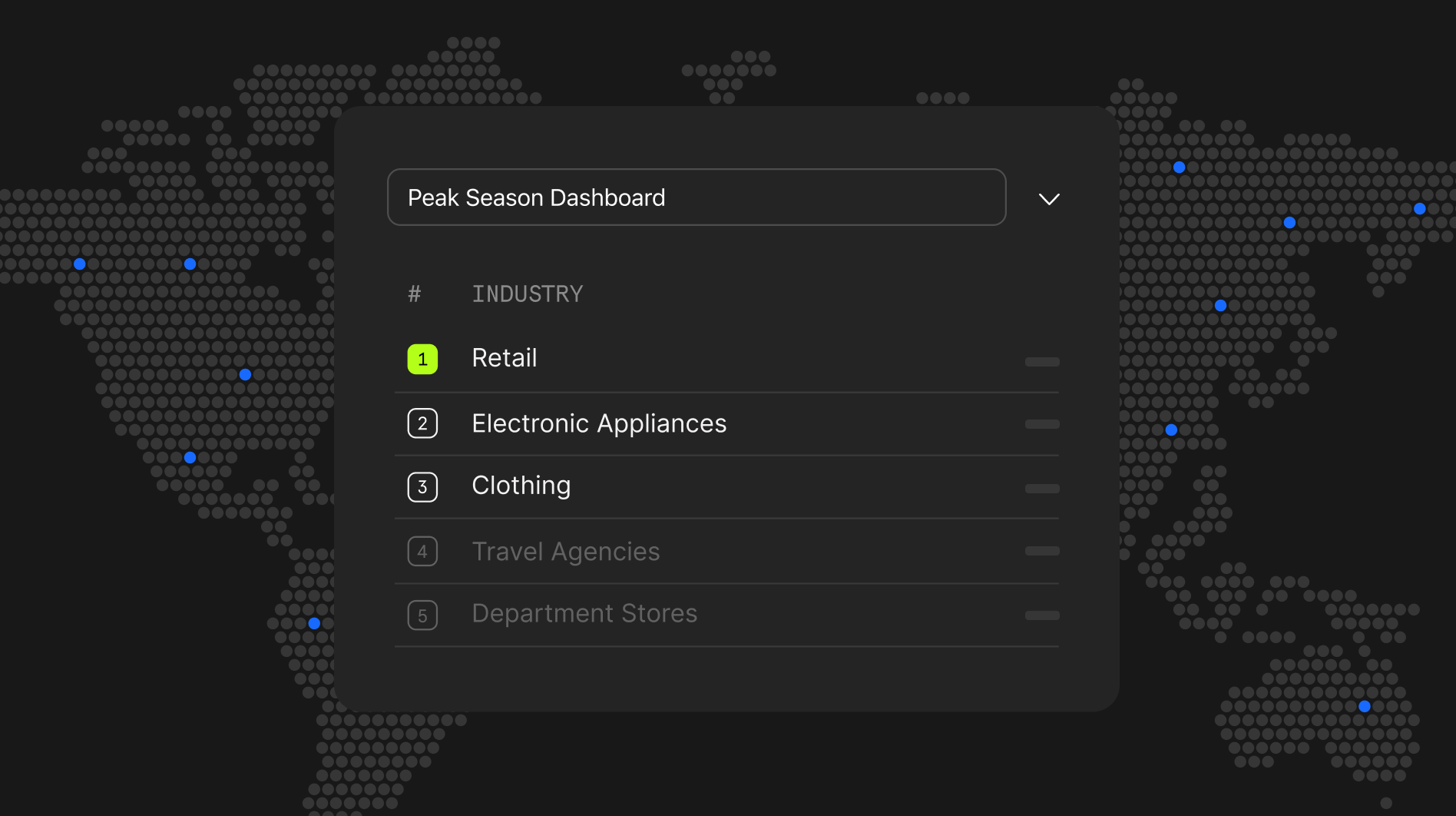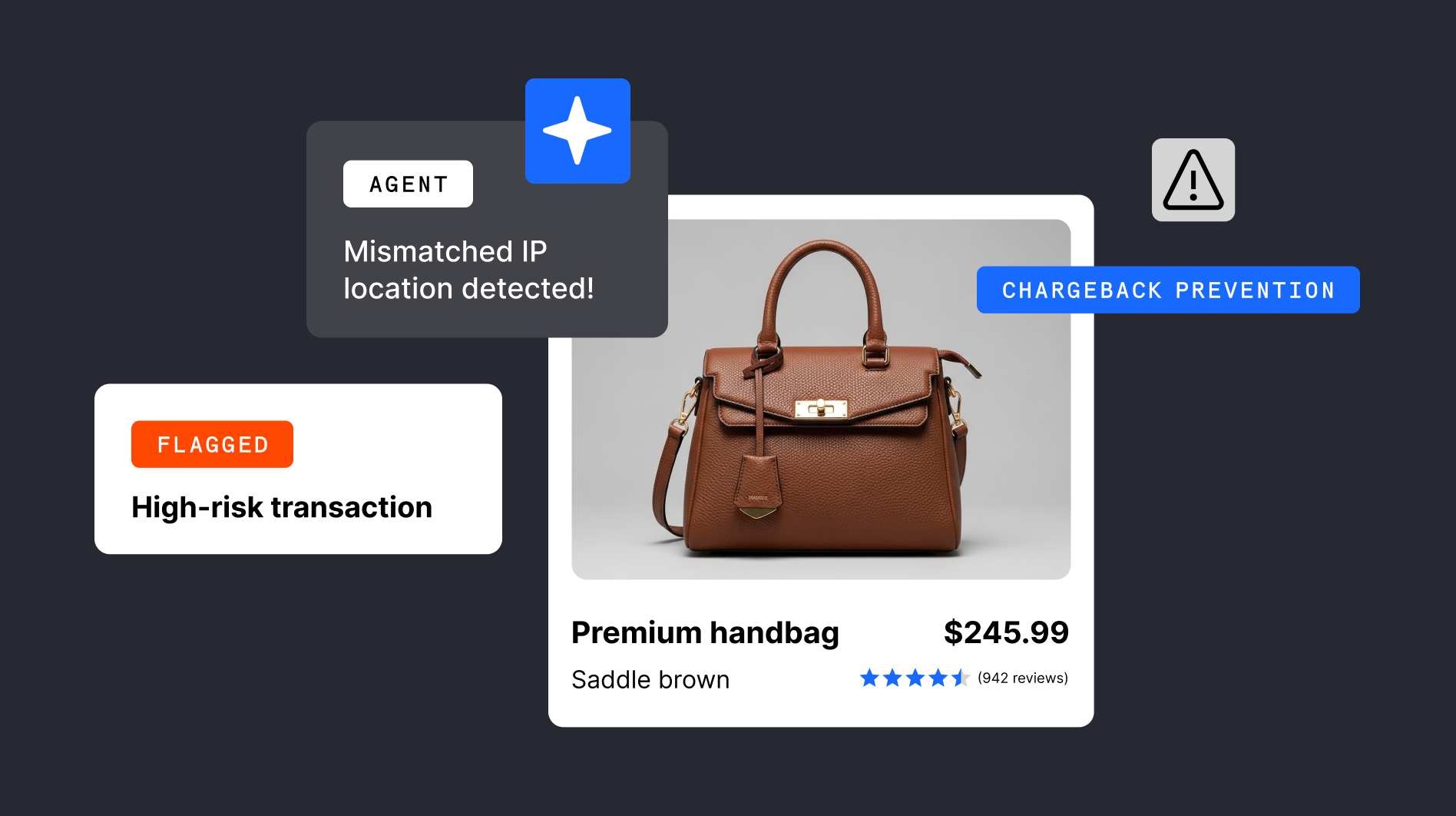Ecommerce platforms and marketplaces are two primary online business models that come with unique advantages and disadvantages. However, the rise of hybrid models is blurring the lines between the two. The question remains: are you an ecommerce platform or marketplace?
This article will explain the key differences between the two models, including factors to consider when choosing between them. We’ll also highlight successful examples of both models, and the future of ecommerce, to help you make the best choice for your business.
The main difference between a marketplace and an ecommerce platform
The main distinction between ecommerce platforms and marketplaces is their approach to managing transactions between customers and vendors.
Marketplaces, also known as managed platforms, provide a comprehensive experience that includes managed payments and delivery services. Marketplaces focus on connecting buyers and vendors, allowing for greater flexibility and less control over the final purchase.
To elaborate, marketplaces typically maintain complete control over financial transactions, and offer end-to-end user experiences and business facilitation for both vendors and customers.
Think of a marketplaces like a department store where various suppliers showcase their products within a shared space, and are sold under shared rules at the department store’s checkout.
In contrast, ecommerce platforms are more similar to a thrift market where customers move from one vendor to the next and interact with each one individually. Although market administrators vet every seller, vendors operate independently in terms of their sales processes and other operations.
Marketplace vs ecommerce platform: Which one am I?
To determine whether your business operates as a marketplace or ecommerce platform, you need to examine how your business handles transactions between buyers and sellers, as well as the level of control your business has over these transactions.
If your business maintains control over the financial transactions, manages the delivery services, and provides a consistent end-to-end user experience, then it’s likely you’re operating as a marketplace (or managed platform).
On the other hand, if your business connects buyers and sellers and allows for greater flexibility and independence in the transaction process, then you’re likely an ecommerce platform.
Online marketplace examples
To help you understand the key differences between marketplaces and ecommerce platforms, here are some examples of well-known online marketplaces:
- Etsy – the best example of a traditional marketplace, operating in the niche of handmade jewelry, crafts, and decorations. It offers a branded ecommerce platform where millions of vendors can sell their products in a unified digital space that looks and feels like a single online store.While the Etsy marketplace aggregates and promotes a wide range of product offerings, it doesn’t place much emphasis on individual vendors behind the scenes.
- Amazon – while it does offer a variety of services, Amazon remains a well-known online marketplace that offers a wide range of products, from books and electronics to clothing and household items.
- eBay – another popular online marketplace where users can buy and sell items through auctions or fixed-price listings.
- Fiverr – an online marketplace connecting freelancers with people who need their services, such as graphic design or copywriting.
- Alibaba – a massive online marketplace that links businesses with suppliers from around the world.
If you would like to dig into the details of marketplace payments, check out our dedicated guide.
Ecommerce platform examples
There are many ecommerce platforms available for your businesses to use to set up your own online store, including:
- Shopify – one of the most popular ecommerce platforms that allows you to create online stores, manage inventory, process payments, and customize your websites.
- WooCommerce – an ecommerce plugin that turns your WordPress website into an online store, with features such as inventory management, payment processing, and shipping options.
- Magento – an open-source ecommerce platform that offers more flexible and customizable solutions than Shopify or WooCommerce for creating online stores.
- Squarespace – a website builder that also offers ecommerce functionality, allowing you to create visually impressive online stores with a range of customizable templates and features.
Hybrid models
Hybrid models combine features from both models and make the marketplace vs platform debate a little more muddled. Brands like Airbnb, Uber, and Lyft often refer to themselves as ‘sharing economy’ or ‘peer-to-peer (P2P) platforms’, as they facilitate transactions between individuals rather than traditional businesses.
In the case of Airbnb, the platform connects travelers with people who have a spare room or an entire home to rent out for short-term or long-term stays. Airbnb acts as an intermediary, handling payment processing and providing a platform for communication between hosts and guests.
At the same time, Airbnb also sets some rules and policies for both hosts and guests, including refund policies and quality standards, and takes a commission on each transaction.
Uber and Lyft connect riders with drivers who use their own vehicles to provide transportation services. The platforms handle payment processing, set pricing policies, and offer some level of quality control through driver ratings and background checks. However, the drivers aren’t necessarily employees of the company but can be independent contractors who use the platform to find customers.
Which model is right for your business?
These are the key factors to consider when choosing between a platform or a marketplace business model:
Business goals
If you want to create a platform that connects buyers and sellers, allowing them to complete transactions on their own terms, then that would be an ecommerce platform.
Alternatively, if your primary goal is to aggregate a wide range of products or services and offer a streamlined user experience, you would choose the marketplace (or managed platform) model.
Target audience
If your target customers want a broad range of products or services, a marketplace model may be a better fit, but if you’re targeting specific groups of buyers or sellers, then you could operate as an ecommerce platform instead.
Product or service offering
The online marketplace model is more suitable if your business plans to offer a variety of products or services, like Amazon which sells everything from lightbulbs to langoustines. On the other hand, ecommerce platforms are ideal for selling a specific type of product or service.
Control and flexibility
This decision can have a big impact on how quickly your business grows. If you want to offer a more flexible buying and selling experience, allowing buyers and sellers to negotiate terms, then we recommend starting an ecommerce platform. However, if you want more control over the buying and selling process, including pricing, and shipping, you could become a marketplace.
Revenue streams
The marketplace model typically generates revenue through commission fees on sales, while an ecommerce platform model may gain revenue through subscription fees or other sources.
Technology and infrastructure
In most cases, the marketplace model requires more complex technology and infrastructure to support the buying and selling process, while an ecommerce platform model may require more investment in user interface and user experience design. It all depends on your budget and technical prowess.
Ultimately, the best model for your specific business will depend on your goals, resources, and target audience.
Explore Checkout.com’s solutions for platforms and marketplaces
Whether you run an ecommerce platform or online marketplace, Checkout.com can help you scale quickly, manage your ecommerce payments efficiently, and build a loyal community.
To learn more visit our integrated platforms page or contact our sales team for more information.



%20(1).jpg)











.png)
